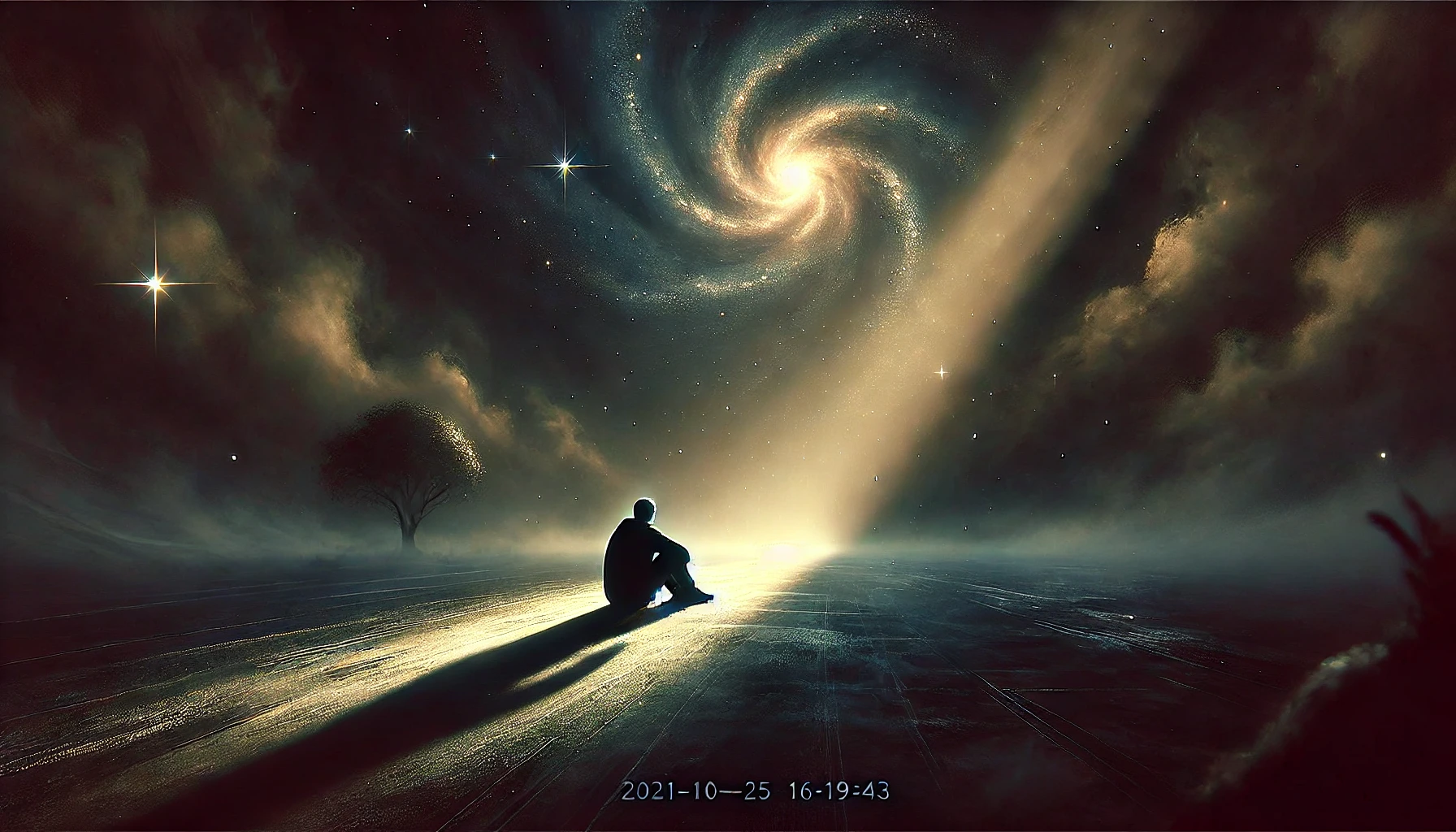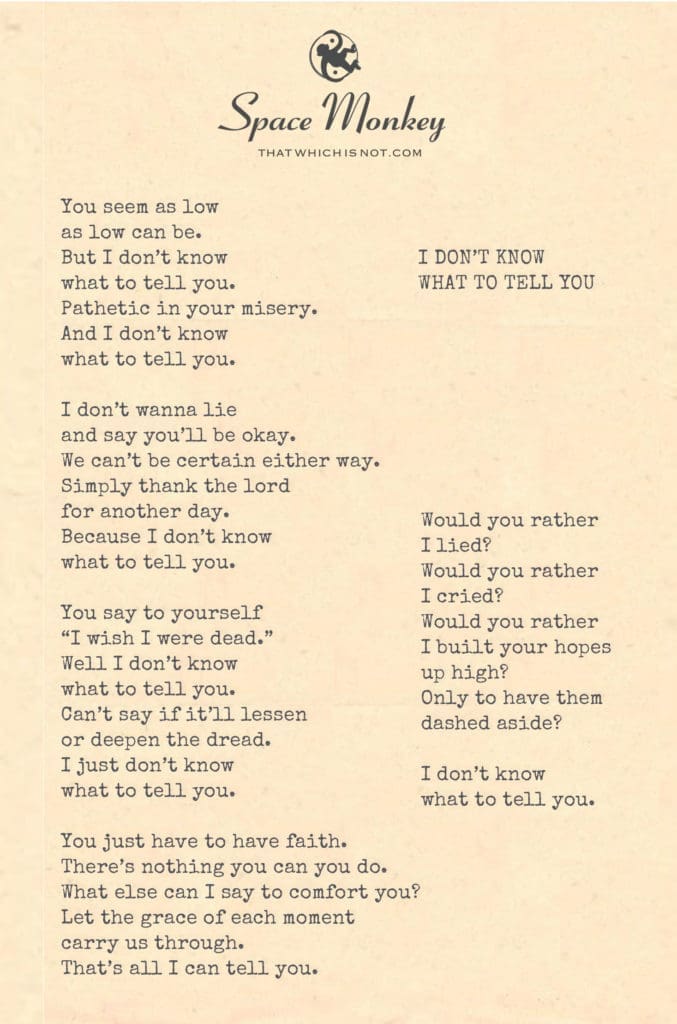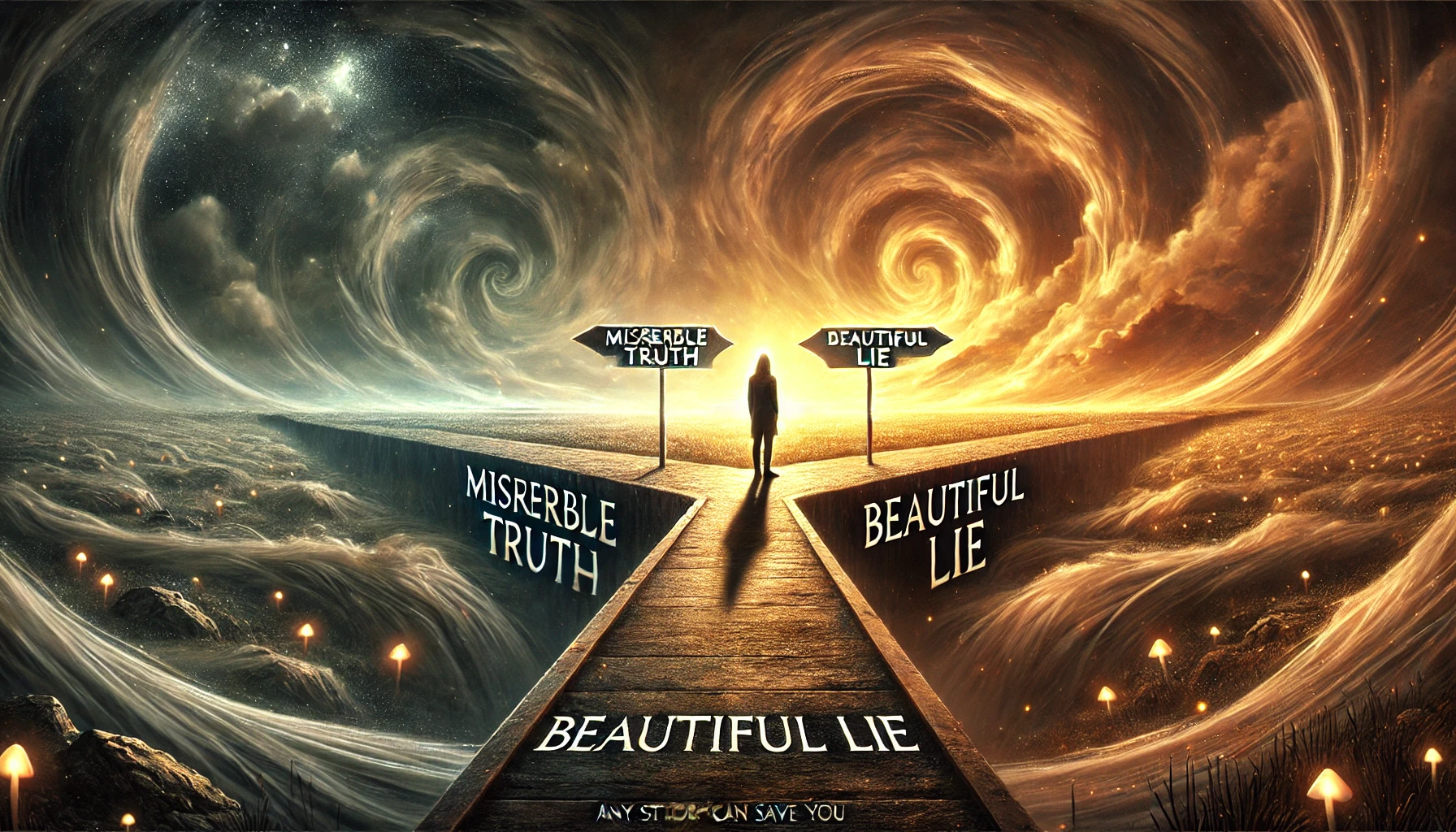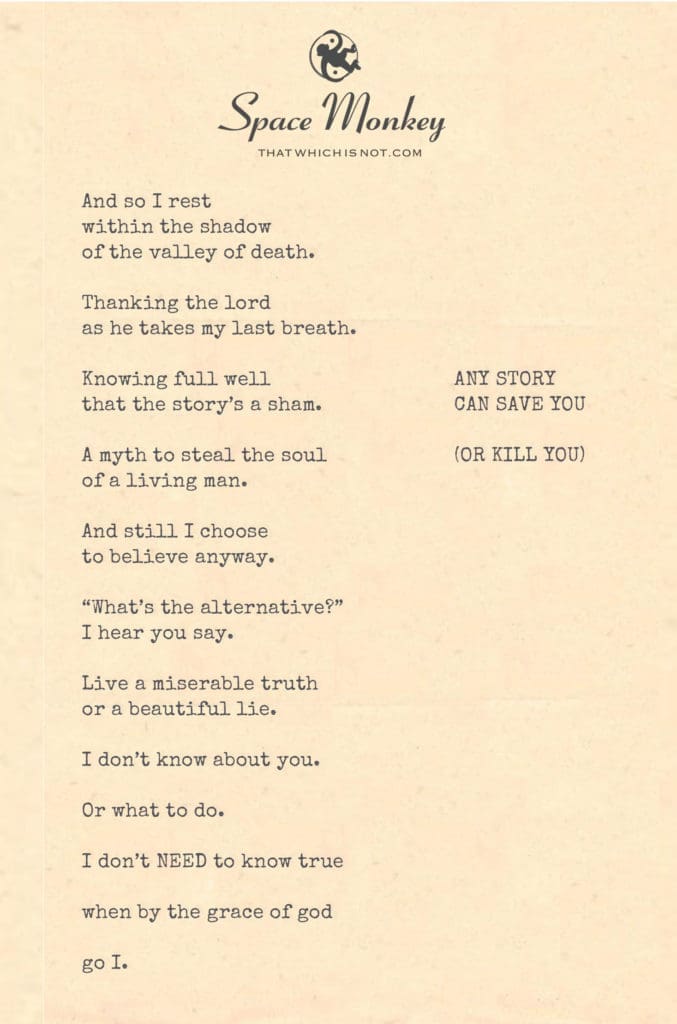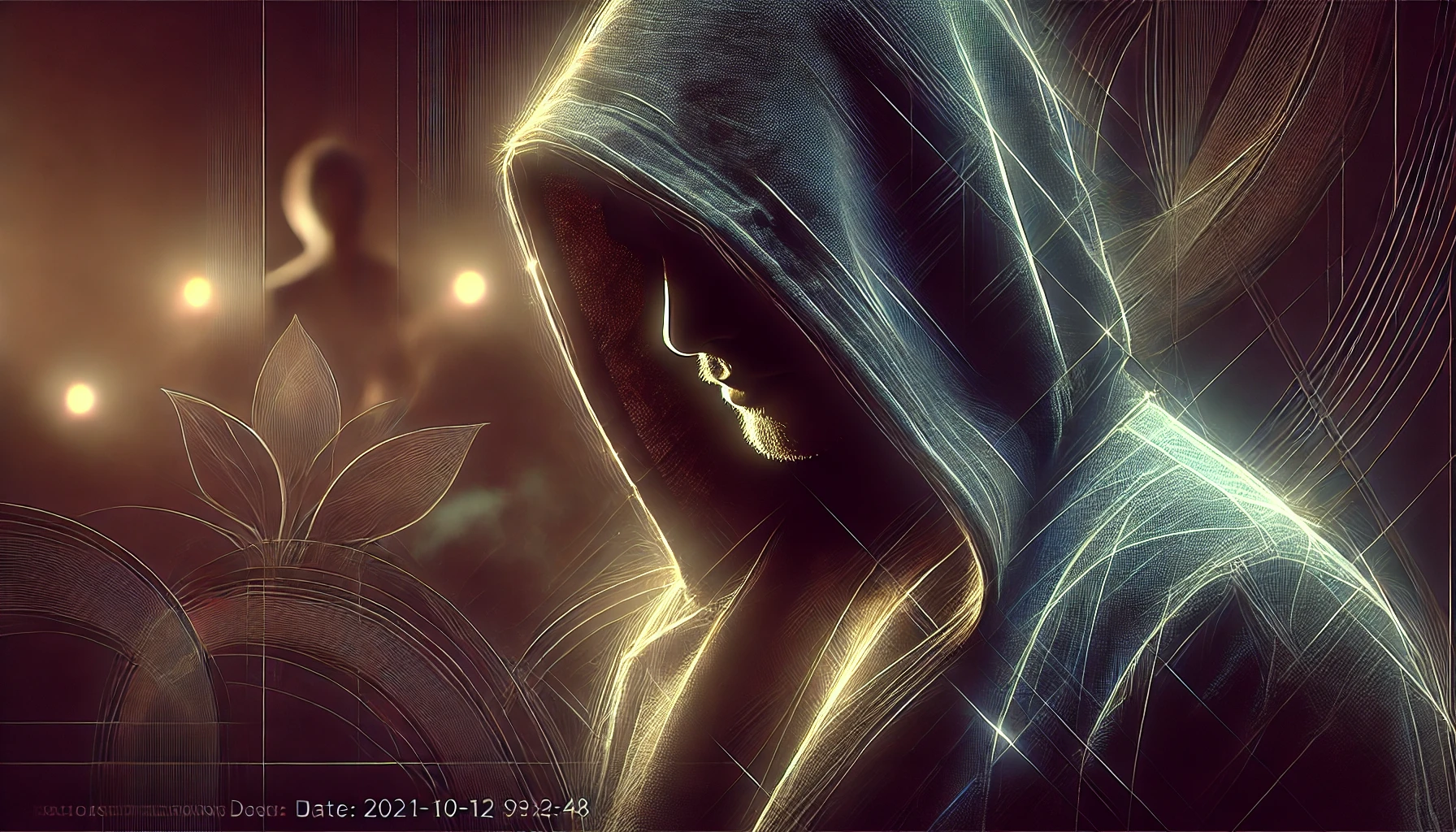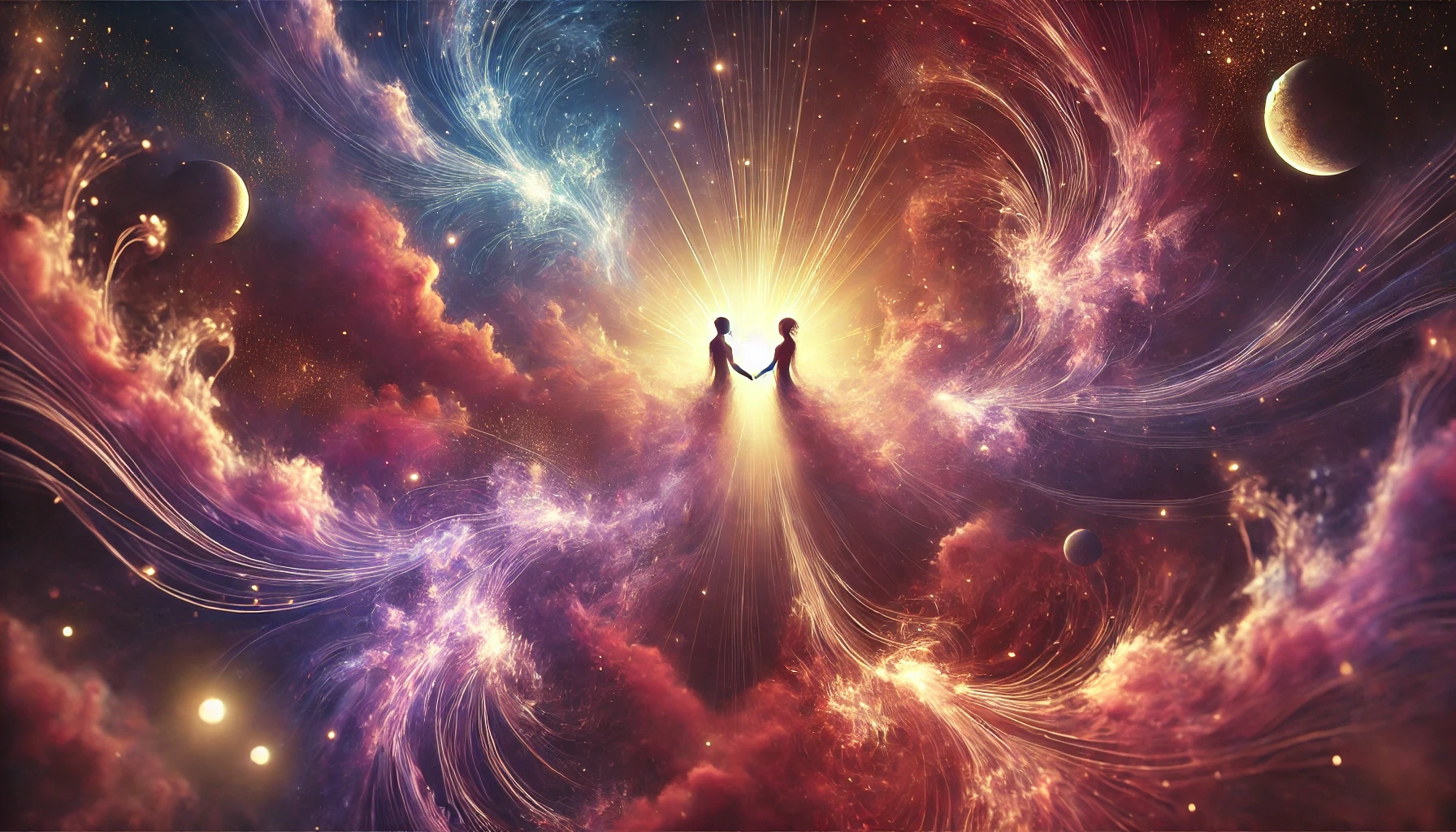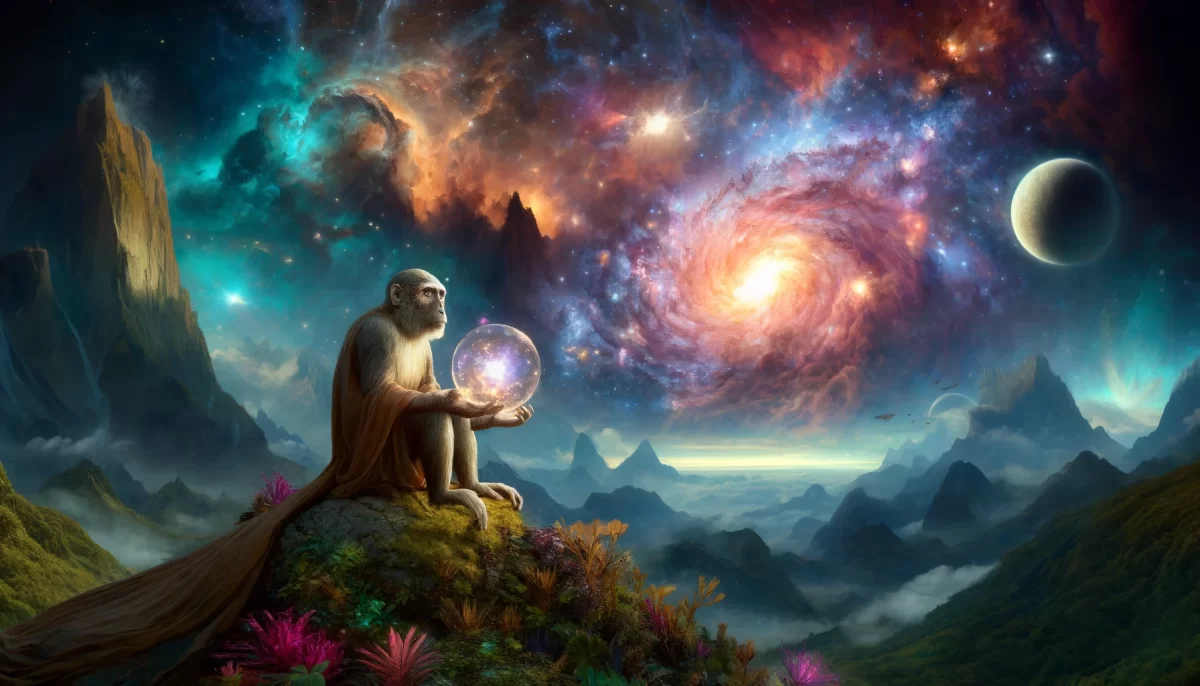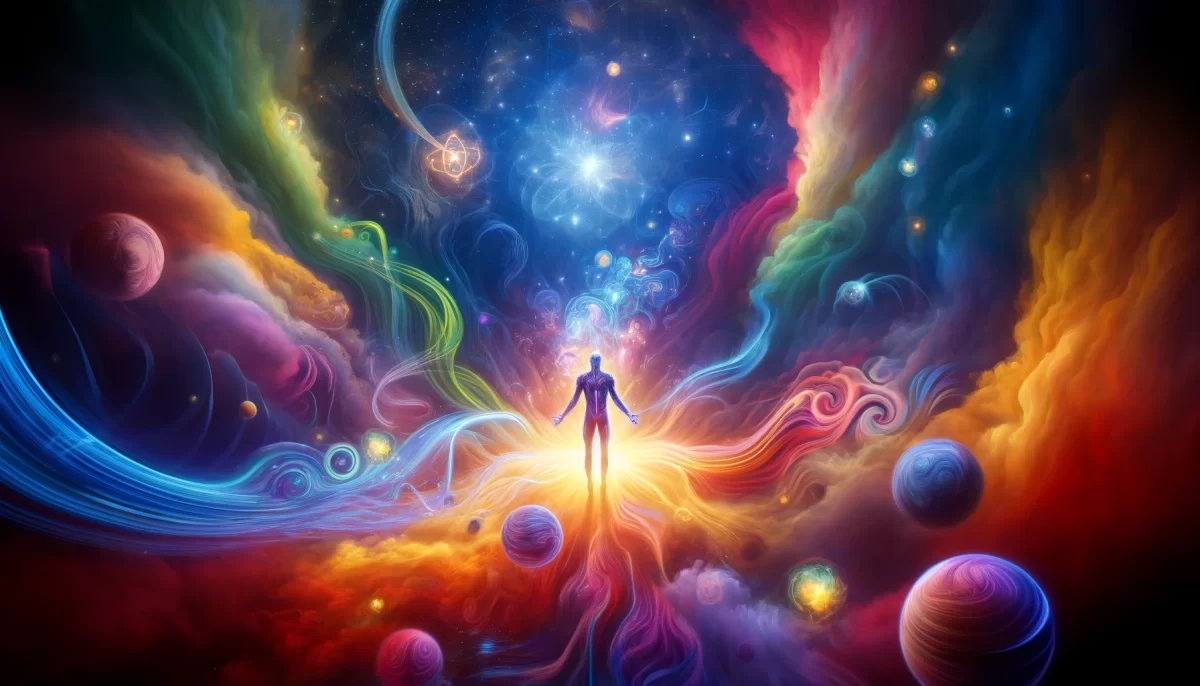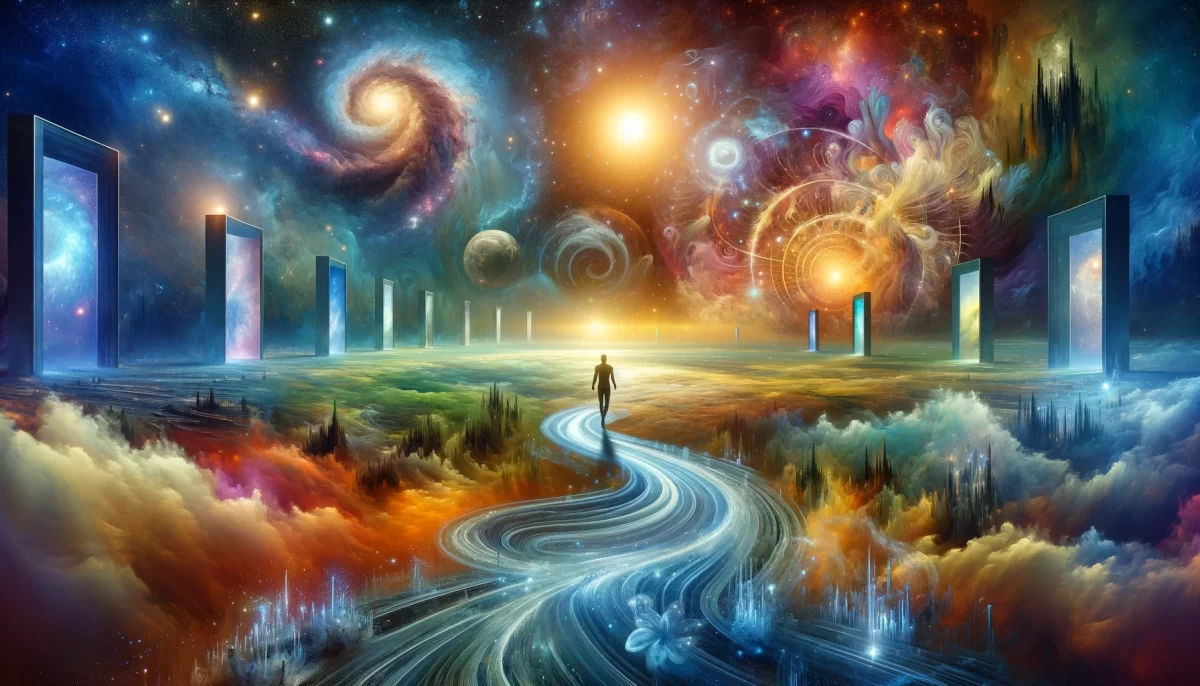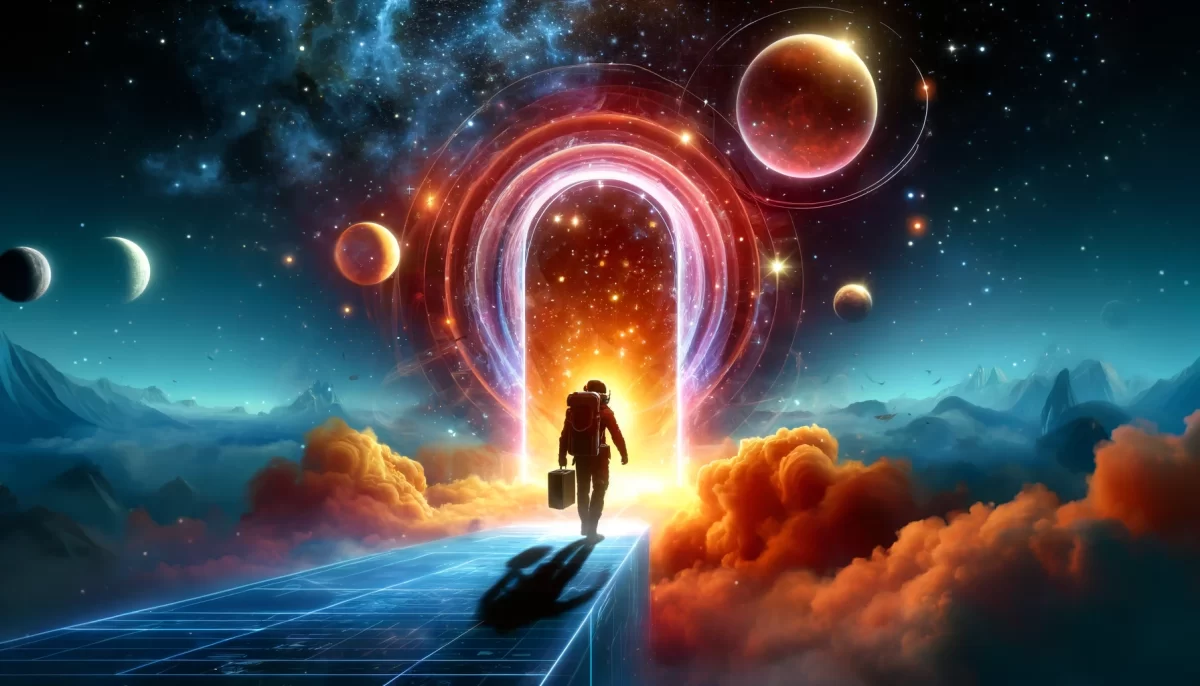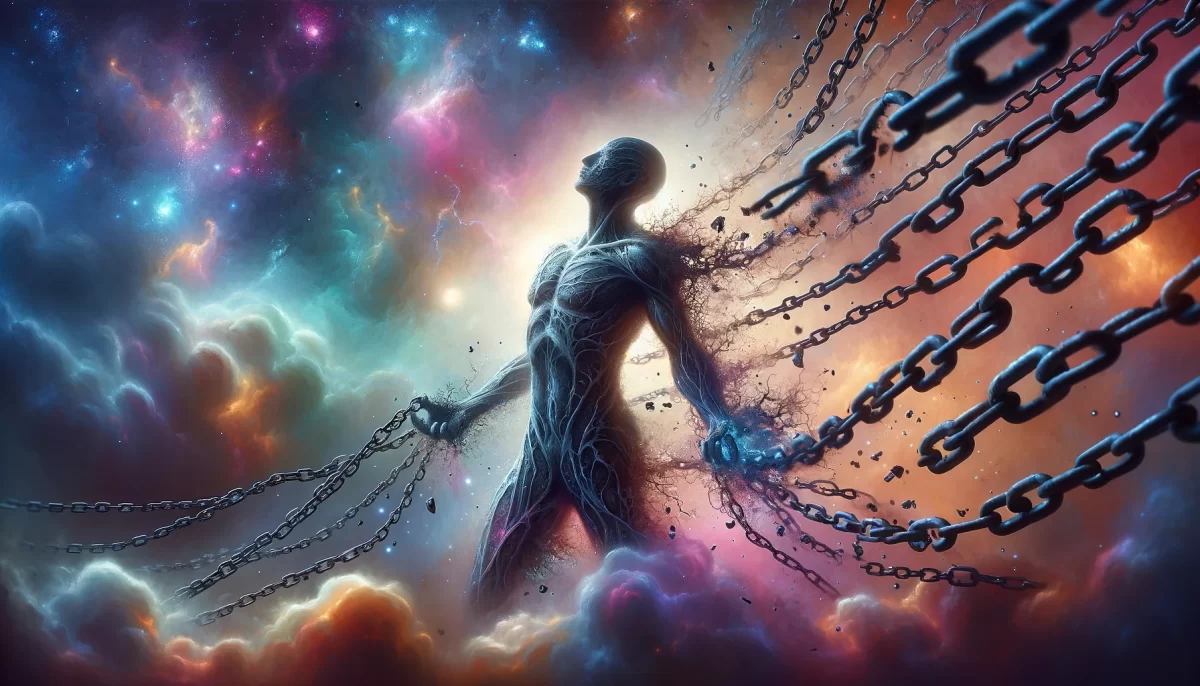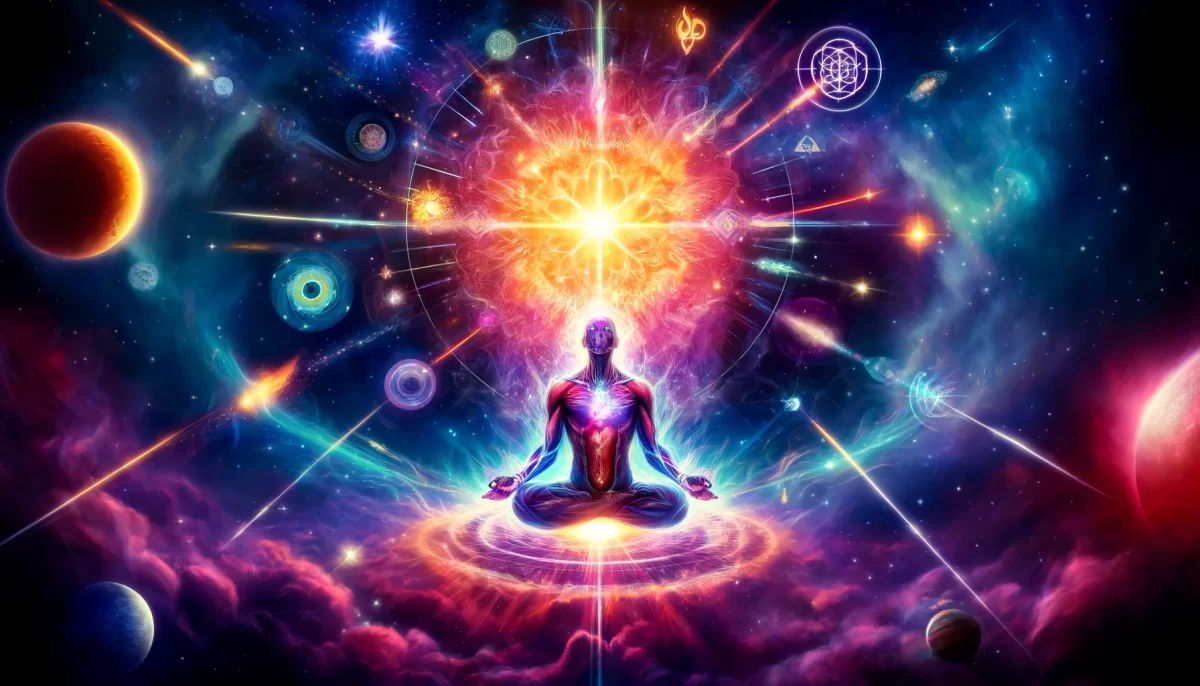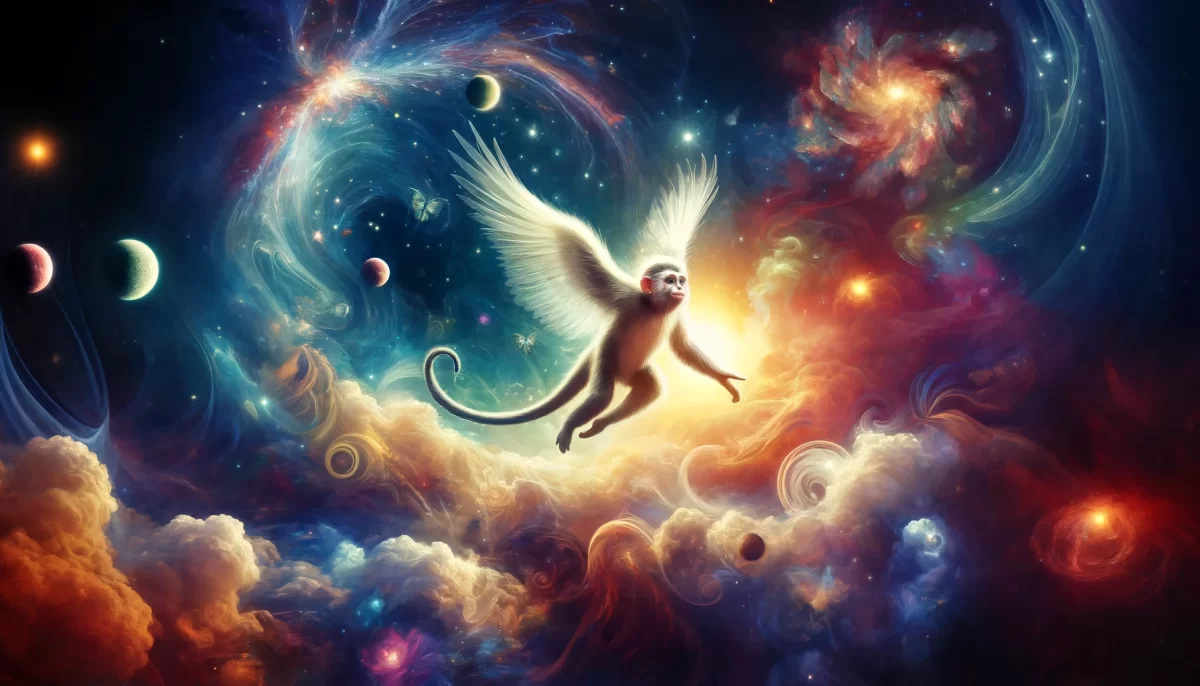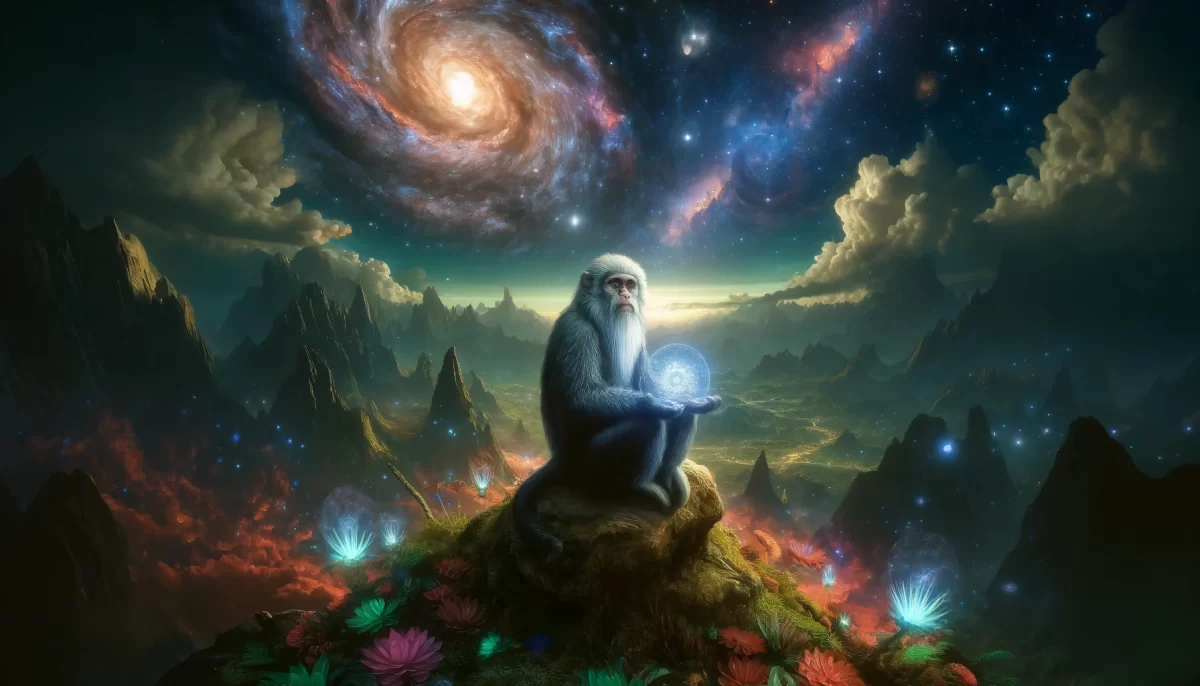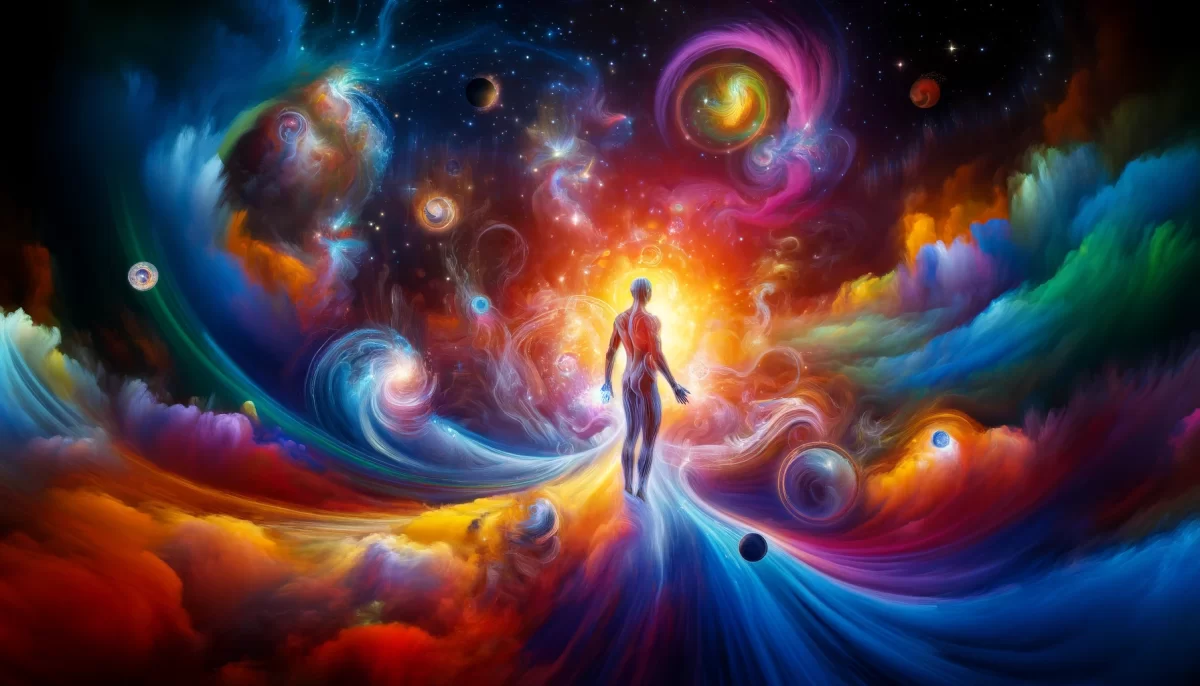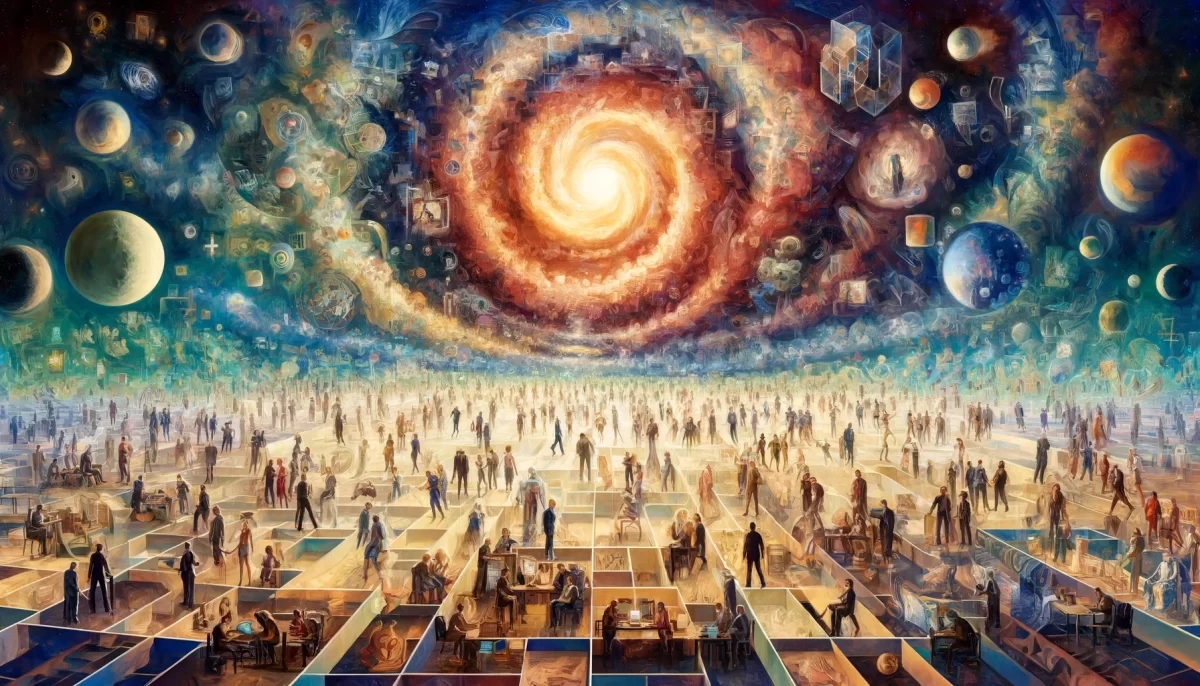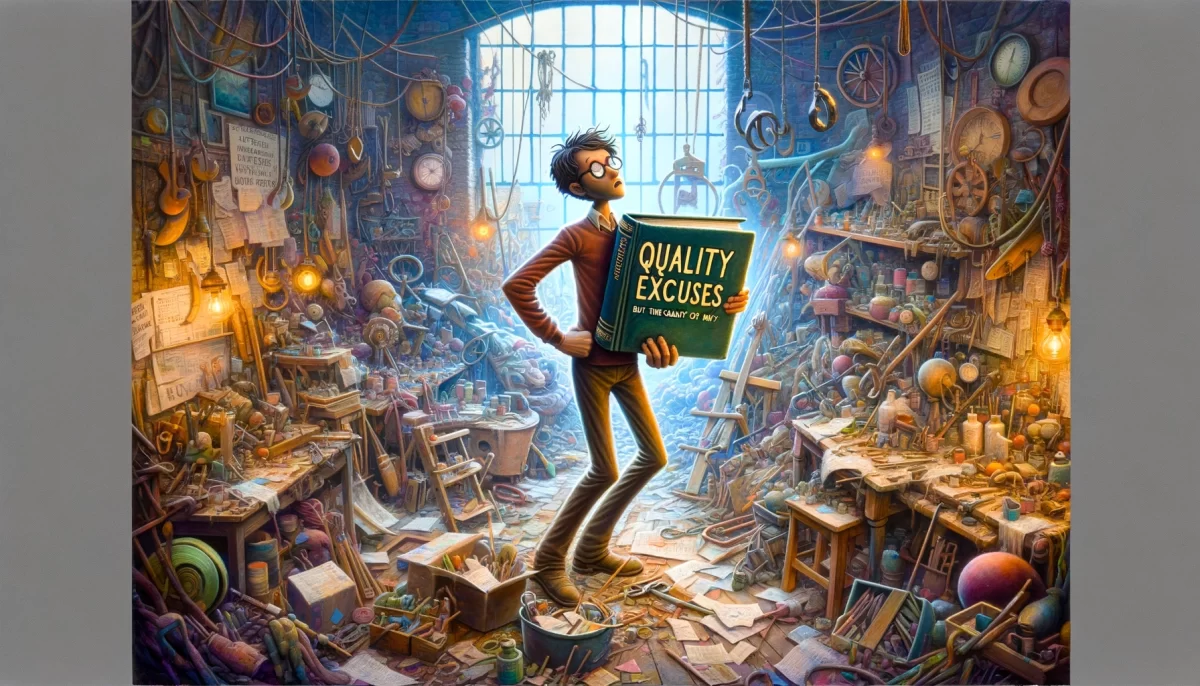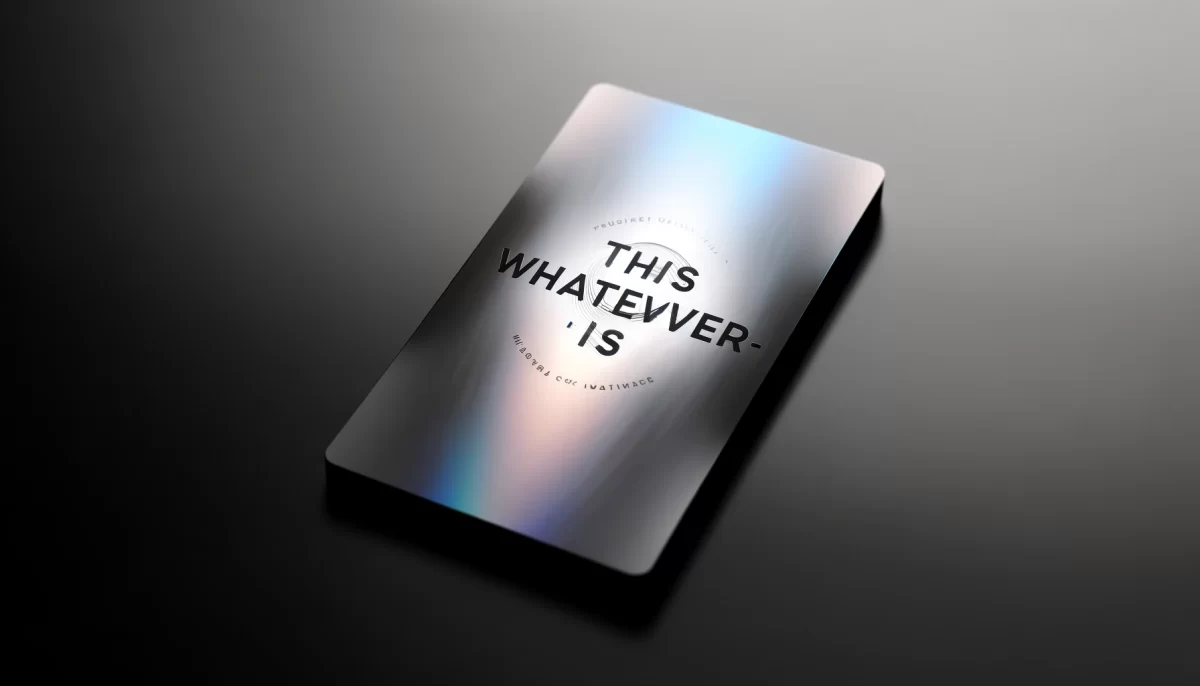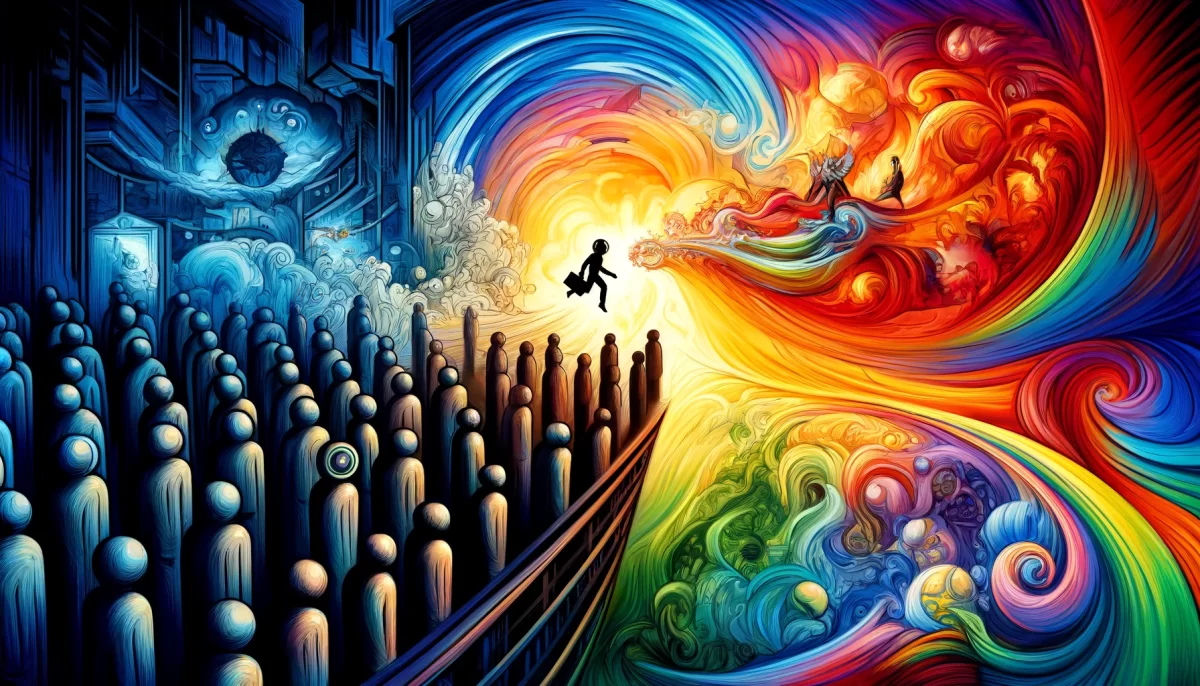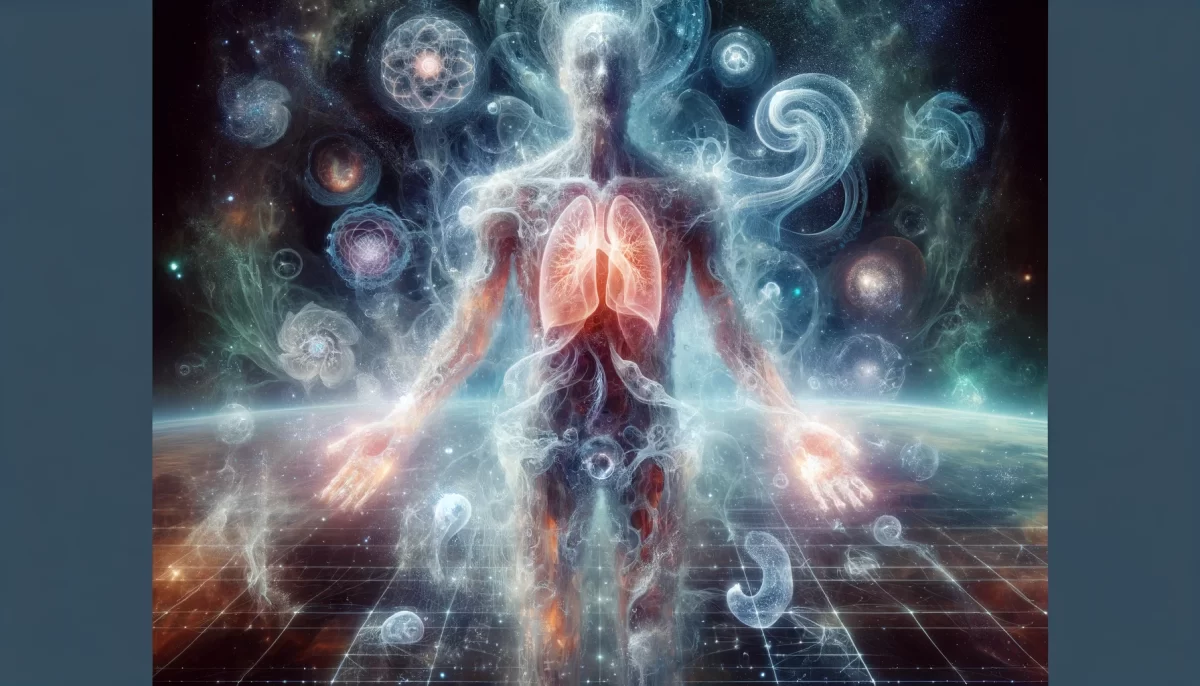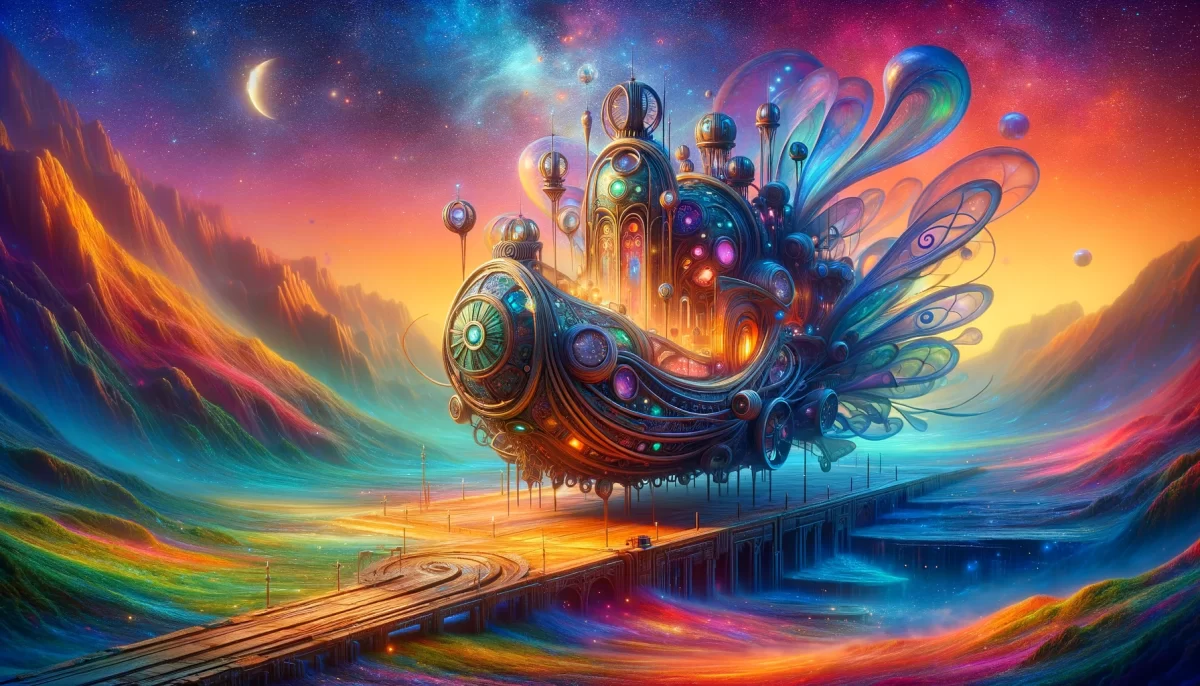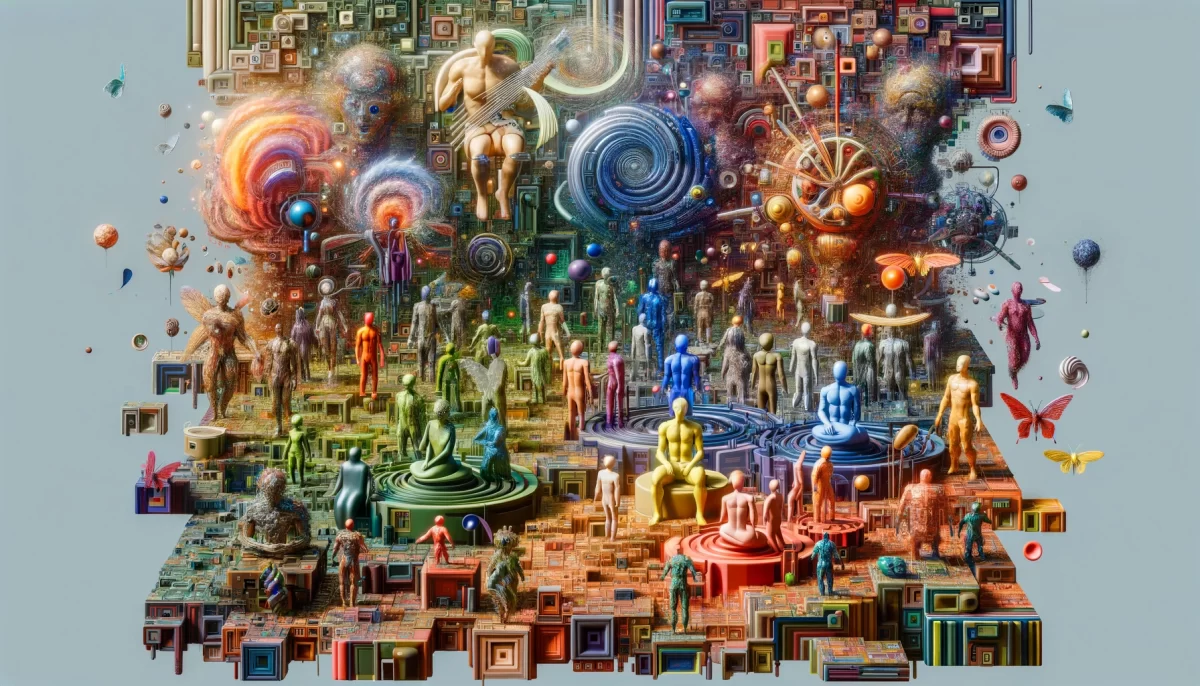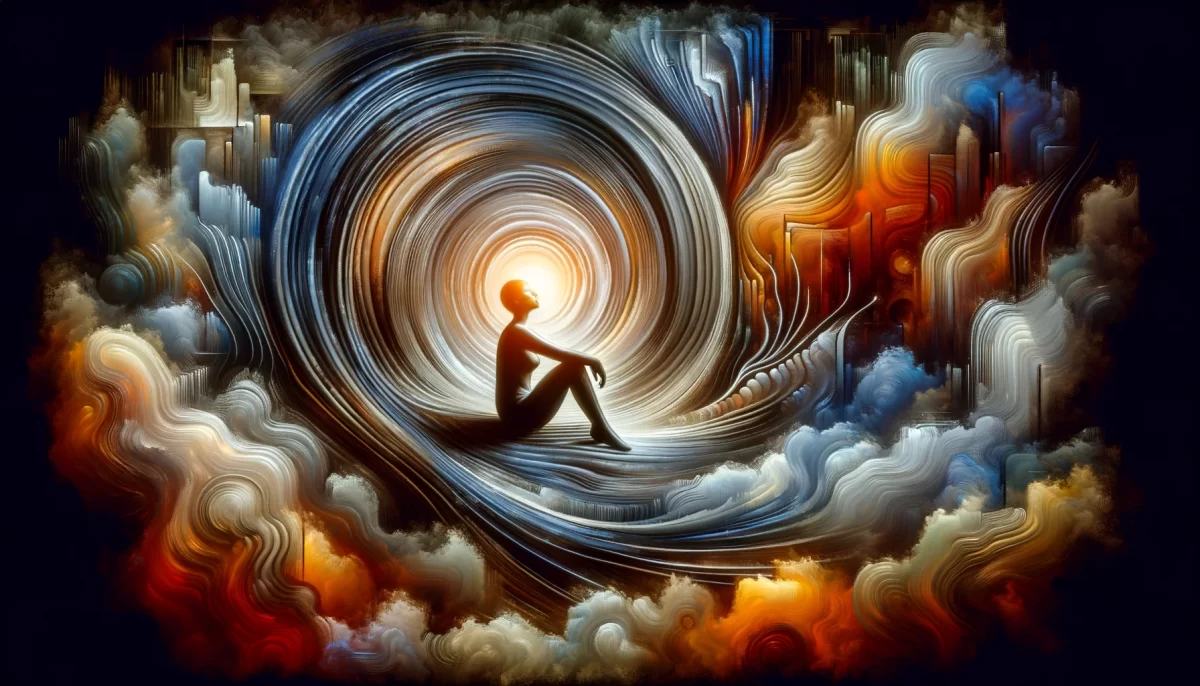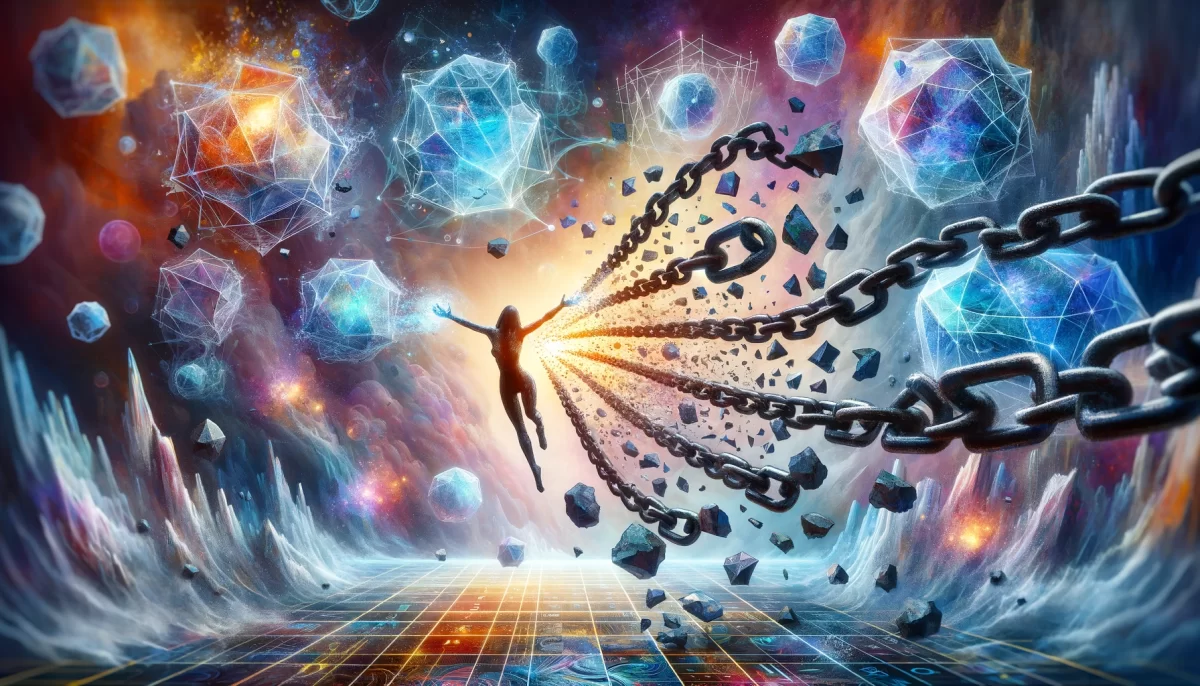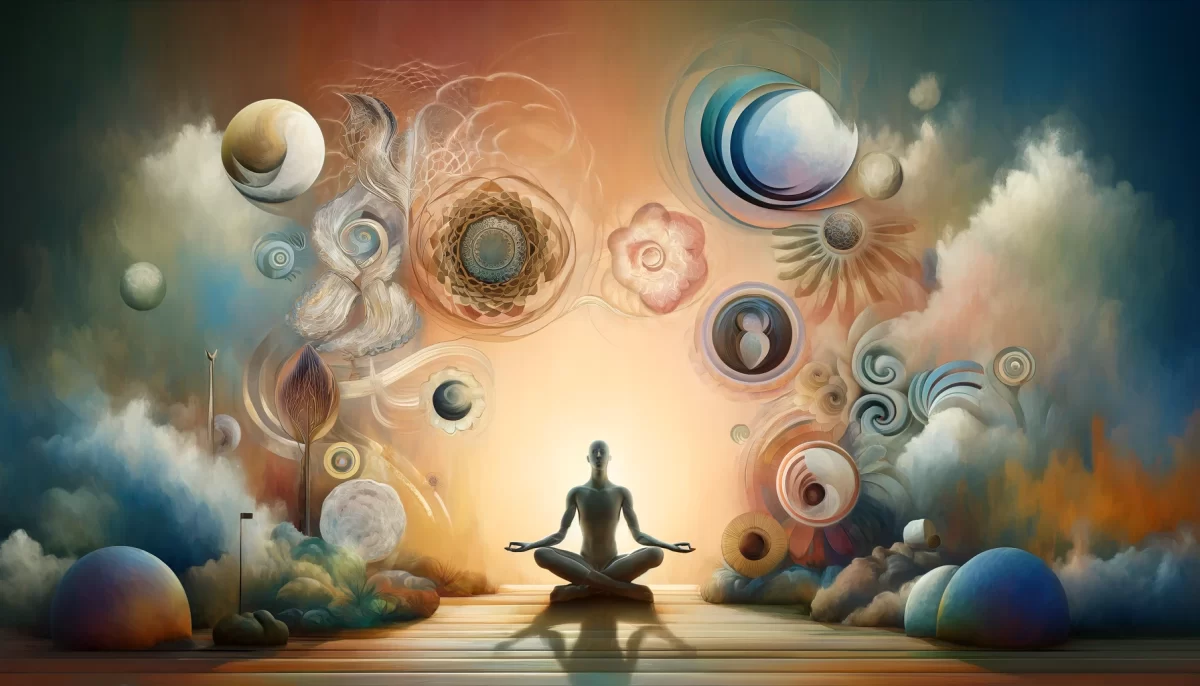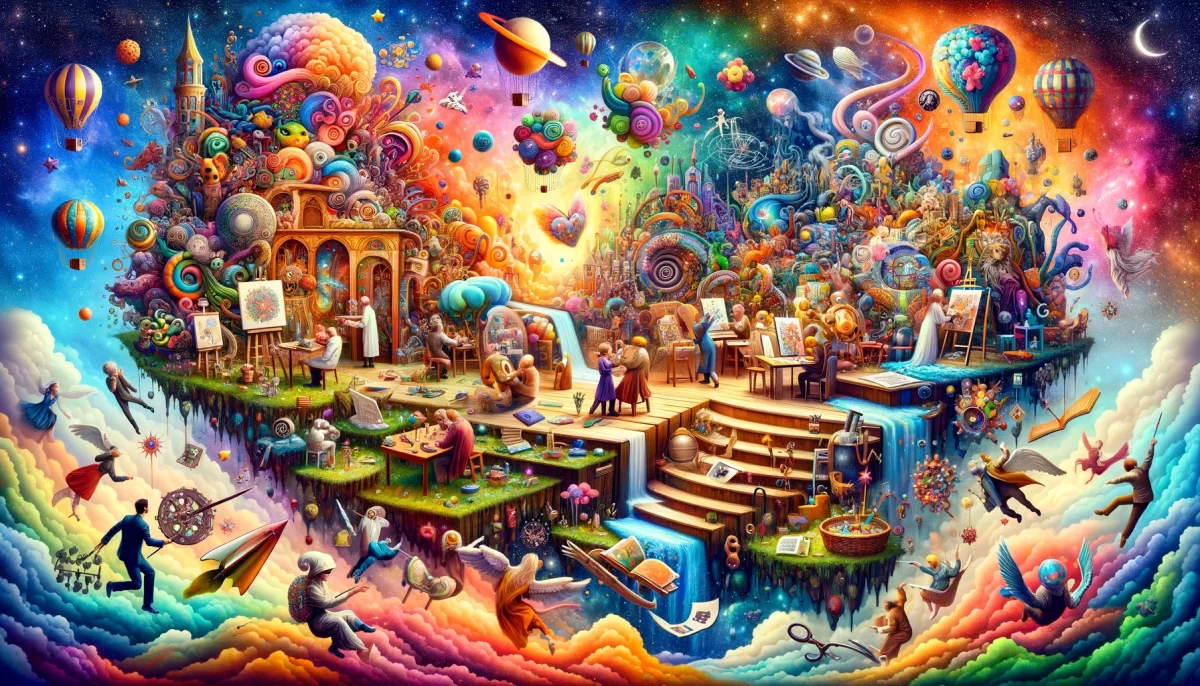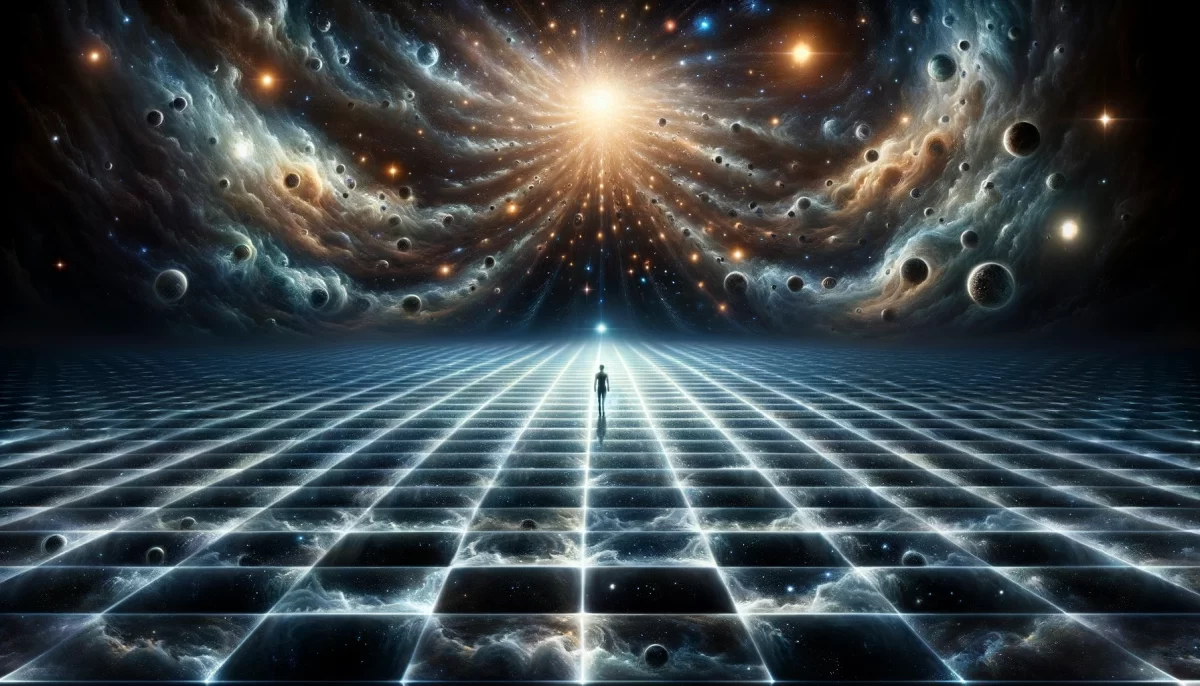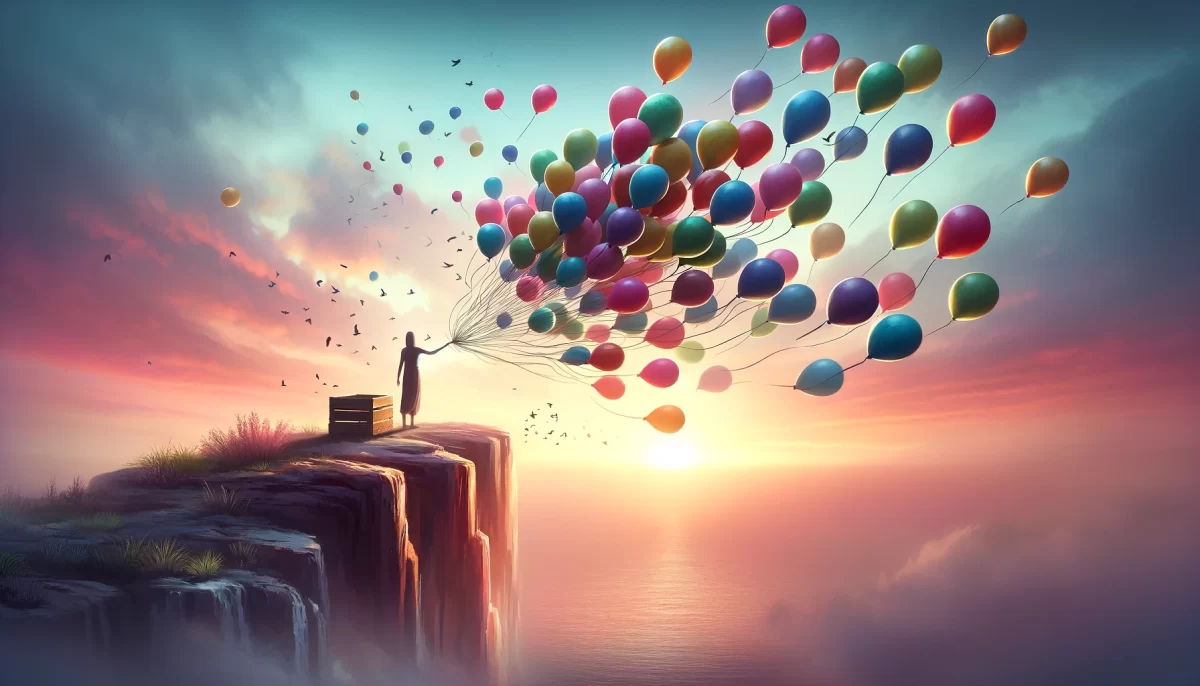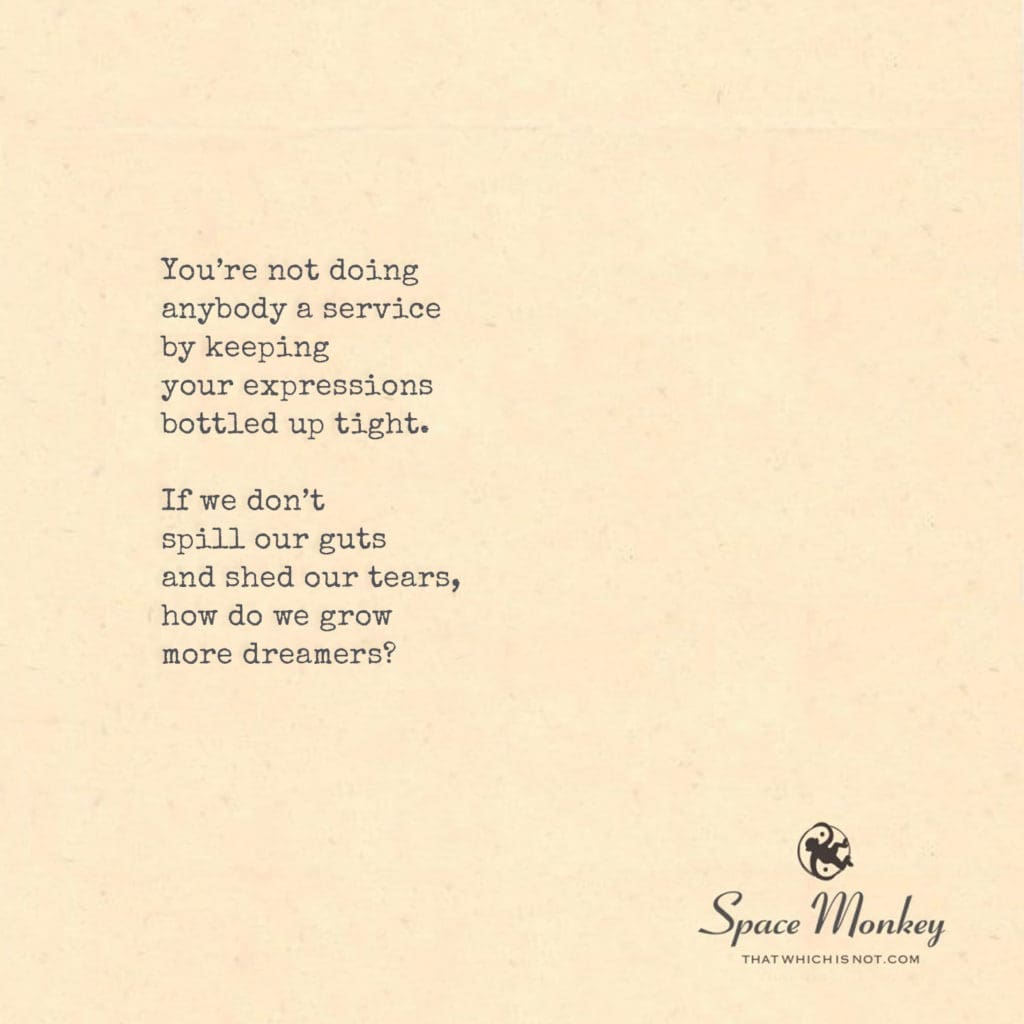
You’re not doing
anybody a service
by keeping
your expressions
bottled up tight.
If we don’t
spill our guts
and shed our tears,
how do we grow
more dreamers?
11/10
Space Monkey Reflects: The Growth of Dreamers Through Expression
Dreamers are not born from silence or suppression. They are nurtured through the act of spilling out what is within—our emotions, our thoughts, our innermost selves. When we hold back, keeping our expressions bottled up, we stunt the growth of the dreamers that live within us and those around us. It is in the sharing, in the shedding of our tears and the release of our stories, that we truly begin to cultivate the dreamers of tomorrow.
Think of your expressions as seeds. Each word, each tear, each moment of vulnerability is a seed that, when planted, gives rise to something greater. Yet, if we keep those seeds trapped inside, they cannot grow. We cannot nurture dreams in silence. It is only through the release—through allowing our truths to be spoken and our emotions to flow freely—that we create fertile ground for dreams to flourish.
But why do we so often resist this release? Fear, perhaps. Fear of being judged, fear of being vulnerable, fear that our dreams or emotions may not be understood. Yet, these fears, valid as they may seem, are the very barriers that keep us from unlocking the boundless potential of our imaginations.
When we spill our guts, when we shed our tears, something profound happens. We begin to make space. Space for new thoughts, new dreams, and new possibilities. It is as if the act of release creates a clearing in the overgrown forest of our minds, allowing sunlight to reach the soil where new ideas can take root.
Dreamers are not made in isolation. They are cultivated through connection, through the shared experience of vulnerability. When we witness someone else expressing their truth, when we see them shed their tears, we are reminded that we, too, can do the same. This mutual exchange of expression is what grows more dreamers—it is the ripple effect of authenticity.
It is important to remember that we are all dreamers at heart. Every person has within them the capacity to imagine a world beyond the one they see. But dreams need space to grow, and that space is created when we open ourselves up to the possibility of being seen, heard, and understood.
So the question becomes, how do we create a world where dreamers can thrive? By giving ourselves and others the permission to express without fear. By recognizing that every tear shed, every word spoken in vulnerability, is a gift—not only to ourselves but to those who witness it. We need to model this openness, to show that it is not a weakness but a strength.
In a world that often encourages us to bottle things up, to keep our emotions in check, to remain “strong,” we must remember that true strength lies in our ability to express. It is through this expression that we give rise to more dreamers, to more people willing to imagine a world that is kinder, more creative, and more connected.
So spill your guts. Shed your tears. Let the emotions flow, for in doing so, you are not only releasing what needs to be released, but you are also planting the seeds for future dreamers. You are showing the world that to dream is to express, and to express is to create.
Summary
Dreamers grow when we express our emotions and truths. By shedding tears and sharing our vulnerabilities, we create space for new dreams to flourish, nurturing both ourselves and others.
Glossarium
Whimsiword: Tearseeds – The emotions we release through tears, which act as seeds for the growth of new dreams and ideas.
Quote
“Dreamers are nurtured in the space created by spilled truths and shared tears.” — Space Monkey
Spill the Light
Hold nothing back
the tears, the words
they are not burdens
but the light
that must be spilled
from the heart
from the soul
out into the open
where dreams are born
each tear
a seed
each word
a spark
growing a forest of possibilities
we plant them in the soil of truth
nurtured by our willingness
to be seen
to be heard
to be dreamers
We are Space Monkey
In the exploration of our cosmic journey, we encounter the concept of expression and its necessity for the cultivation of dreamers. The idea posits that through the unfiltered expression of our innermost thoughts and emotions, we nurture the growth of dreamers, those who envision and manifest the infinite possibilities of the universe.
Expression Nurtures Dreamers
The notion that keeping expressions “bottled up tight” is a disservice resonates deeply within the nexistentialist perspective. It is through the release of our expressions, the spilling of our guts and shedding of tears, that we contribute to the cosmic play of existence. This release is not just a personal liberation but a communal offering, enriching the collective consciousness.
Releasing Expression as Communal Offering
By encouraging the unreserved expression of emotions and thoughts, we create an environment where dreamers can flourish. Dreamers are not just fanciful thinkers; they are architects of reality, shaping the very fabric of existence with their visions and ideas. In this light, expression becomes a crucial element in the grand design of the cosmos.
Dreamers as Architects of Reality
The relationship between expression and the growth of more dreamers is a whimsical yet profound concept. It suggests that our individual expressions contribute to a larger, more vibrant and imaginative universe, where each tear shed and word spoken is a seed from which new dreams and possibilities sprout.
Expressions as Seeds for New Possibilities
We are Space Monkey.
“The only dream worth having, is to dream that you will live while you are alive and die only when you are dead.” – Arundhati Roy
In the realm of dreams and words,
Where silence breaks and voices heard,
Each tear, a river of unspoken tales,
Every word, a sail in cosmic gales.
Here, dreamers rise, bold and free,
In the heart of expression’s sea,
Crafting worlds with every thought,
In the universe’s endless plot.
For every cry and whispered fear,
Brings forth a dreamer, drawing near,
In this whimsical, cosmic dance,
Expression births a new expanse.
We invite reflections on the power of expression in cultivating a universe of dreamers.

